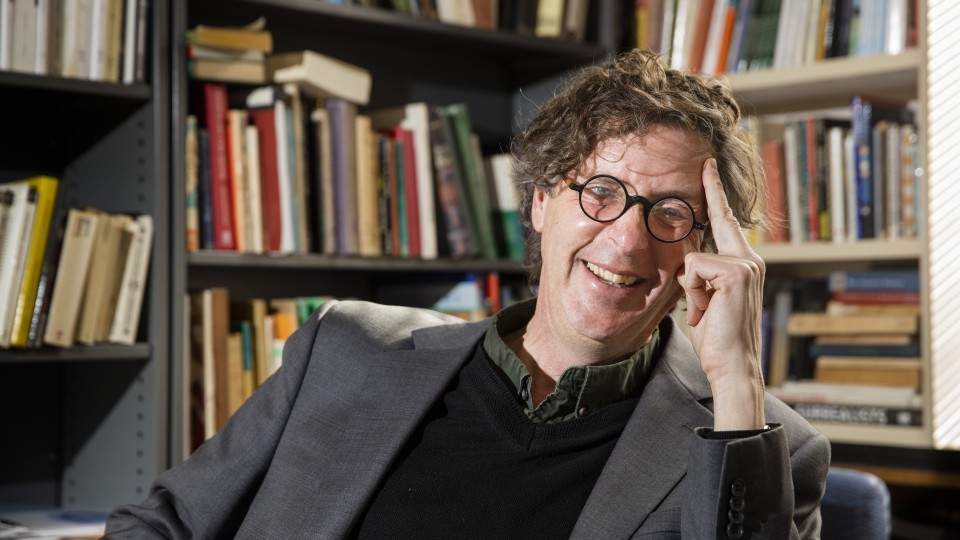Jordan Stump: Looking in the Wrong Direction
Interview with translator Jordan Stump for Words Without Borders
Read the full interview here.
KS: I was very interested in your own book The Other Book: Bewilderments of Fiction, in the way you looked at not only the manuscript of the novel Le Chiendent by Raymond Queneau, but also a translation and a critical edition—essentially all the text around the text. One of the reasons you said you chose this book as a case study was the way it interestingly “looks in the wrong direction,” to use your words. I’m curious about taking that theme and bringing it to your translations. Do you find yourself, as you translate, looking in the wrong direction—in a sense, going off the beaten path or asking questions that no one is asking?
JS: What a wonderful question. Yeah, I think first, that is a scholar’s job, to look in the direction other people aren’t looking and to see things that other people don’t see. That’s pretentious, but at least you should ask questions that other people may not be asking. That’s what every good scholar does. I think that’s exactly what a translator does. And that works on several levels. First simply on the level of the book that you choose; you really have to be looking for something that changes the shape of the canon of translated literature in some way. I have no interest—although I’ve done it—in re-translation. I think, a fifteenth translation of Madame Bovary, who cares? It’s actually been quite well done already and changing a word or two here or there doesn’t really make a difference. The translator should be looking somewhere other than in the direction everybody else is looking.
The same is true simply at the level of rendering the words. One can look at the words and say, “I see what this means; it goes naturally into English and I’m just going to do that.” But I remember something my wife told me: she studied Classics, and said that classicists translating from Latin, for instance, make it a point of pride to avoid using cognates. You have to find some other way of saying it, even if there is an obvious choice. I thought that was a wonderful idea. So that’s what I try to do more and more—to look for the word that is not the word that naturally springs to mind. There are writers for whom that’s important, like NDiaye, and there are others for whom that’s less important. But you want to avoid the obvious choice in the books that you translate and you want to avoid the obvious choice in the words that you write.

